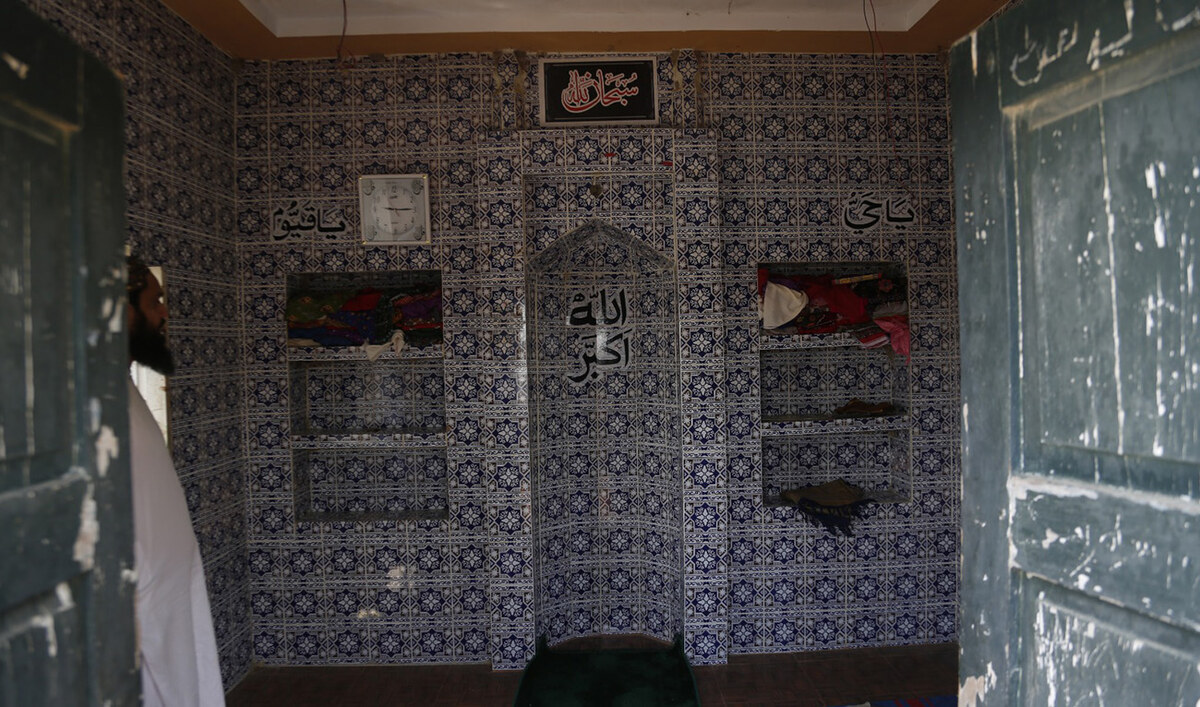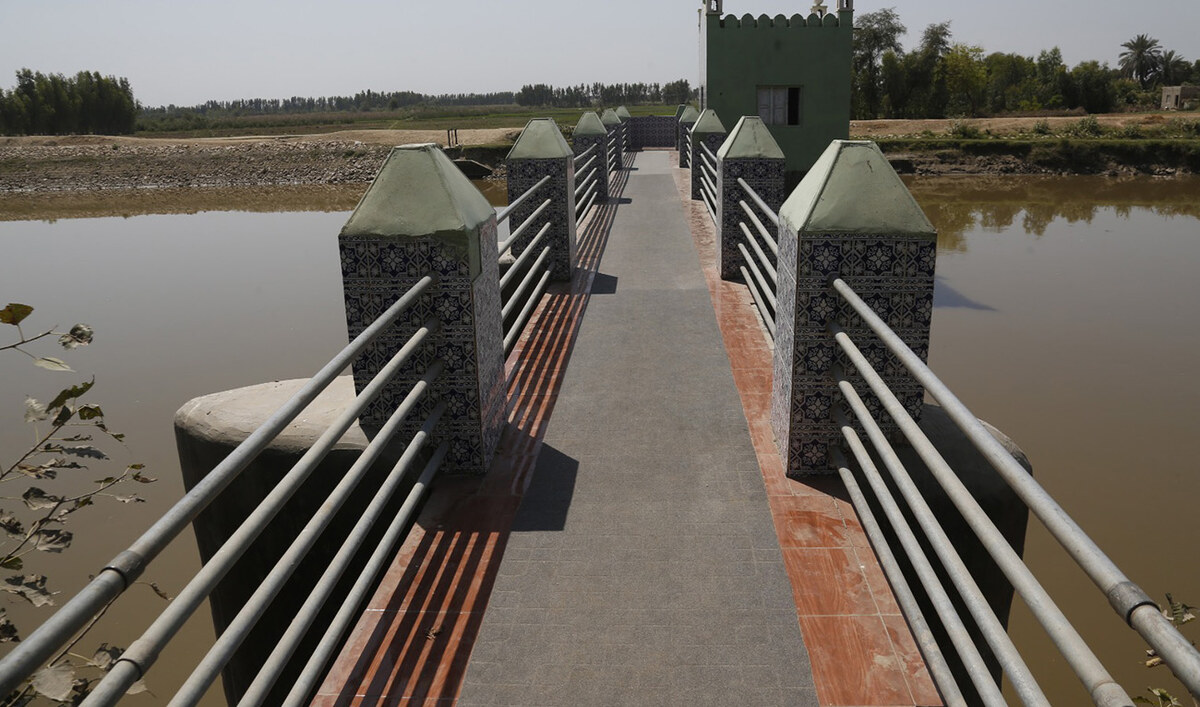ISLAMABAD: It will be India’s explosive batters against Pakistan’s fiery pacers when the two arch-rivals take the field today, Sunday, in New York as millions around the world tune in for the exhilarating World Cup clash.
While both countries have an impressive line-up of batters, bowlers and all-rounders, here are the top 10 players that could take the game away from the opposition in today’s fixture:
INDIA
Virat Kohli
Pakistan will be wary of the man that has taken away many a games from them, including the 2022 iconic India-Pakistan World Cup clash at the Melbourne Cricket Ground. An ambitious batter with a cover drive to kill for, Kohli has a knack for hitting boundaries and rotating the strike at will.
He has 4,038 runs from 118 matches and a century in the shortest format of the game. Pakistan’s think tank must have definitely come up with a plan for Kohli but the question is: will it succeed?
Rohit Sharma
They don’t call him “Hitman” for nothing. Kohli’s opening partner has a plethora of destructive shots at his disposal, his most iconic pull shot being no exception. Sharma can set the pace of India’s innings earlier on by making the most of the powerplay overs and putting Pakistan’s bowlers at bay.
He’s scored 4,026 runs from 152 T20Is and a whopping five centuries. If Rohit survives well past the 10-ver mark, Pakistan may have a 200-plus total on their hands.
Rishabh Pant
Pant is back after a horrific car crash in December 2022 and it doesn’t look like he ever left. When the blue shirts lost Kohli for a hapless 1 in the match against Ireland, Pant weathered the storm that a tricky New York pitch offered and scored 36 runs off 26 balls to hand his team the win.
The attacking left-handed batter had a sensational Indian Premier League (IPL) season this year, scoring over 350 runs. Pakistan would hope he doesn’t pull off an Adam Gilchrist against them today.
Jasprit Bumrah
An anomalous, sling-arm action means batters find it extremely hard to pick his line and length. Add brisk pace and a shrewd understanding of hitting the seam to it, and you get Jasprit Bumrah.
Bumrah is every captain’s delight and comes in to perform with the ball whenever and wherever he is required to do so.
Hardik Pandya
India’s most handy all-rounder who can smash the ball out of the park any day of the week and also, rattle impressive batters with his impressive line and length. Pandya can deal massive damage to Pakistan both with the bat and the ball whenever it’s his day.
Pakistan would do well to remember how impressively he played against them in the ICC Champions Trophy 2017 final and in the Melbourne clash between the two teams in 2022.
PAKISTAN
Babar Azam
All eyes will be on Babar Azam when he takes the crease today in New York. Azam has broken records left, right and center ever since he played his first international match eight years ago in 2016.
The Pakistani captain has an array of shots at his disposal, his cover drive carving its own niche with cricket fans and commentators alike. Azam currently has the most T20I runs under his belt, 4,067 from 120 T20Is and three centuries.
His cover and straight drives can put any opposition under pressure. India would do well to remember Azam’s composed innings in the 2021 World Cup that saw them lose to Pakistan by 10 wickets.
Mohammad Rizwan
Rizwan and Babar, popularly known among fans as “RizBar” have been referred to by commentators as the most reliable and skilled opening pair in T20 cricket. Rizwan has an array of drives at his disposal and more than Azam, likes to take the aerial route, courtesy of his “Pasli shot” or “rib shot.” Any delivery bowled a bit too much on the leg side Rizwan always makes sure to dispatch it over the fence for a six.
The Pakistani wicketkeeper, who has the safest hands in the entire squad, has scored 3,212 runs from 99 T20Is and has a century and 23 half-centuries under his belt.
Shaheen Shah Afridi
If there is any bowler in the world who can turn the tables on the opposition with a single over, let alone a spell, it’s Shaheen Shah Afridi. The lanky, left-arm pacer bowls deadly in-swingers that have rattled Rohit Sharma and Kohli in the past as well.
Afridi’s knack for taking first-over wickets has cemented his place in Pakistan’s side and as potentially the most lethal left-arm bowler in the world’s eyes.
Fakhar Zaman
If there is one batter in the entire Pakistani squad that the Indian bowlers remember all too well, it’s Fakhar Zaman. The left-handed orthodox batter smashed a quickfire century against India in the Champions Trophy 2017 final, paving the way for Pakistan to win the trophy.
Zaman is not technically sound and is certainly not reliable. But if he gets going, India will have massive trouble on their hands.
Mohammad Amir
Once a shadow of his past, not a lot is expected of Mohammad Amir considering his pace and the ability to swing the ball has declined over the years.
However, Pakistan’s comeback kid has dismissed Sharma and Kohli multiple times over the past couple of years. He makes the list as the left-arm pacer will hold a psychological advantage over an Indian side he has hunted many times in the past, especially on a tricky New York surface.





















